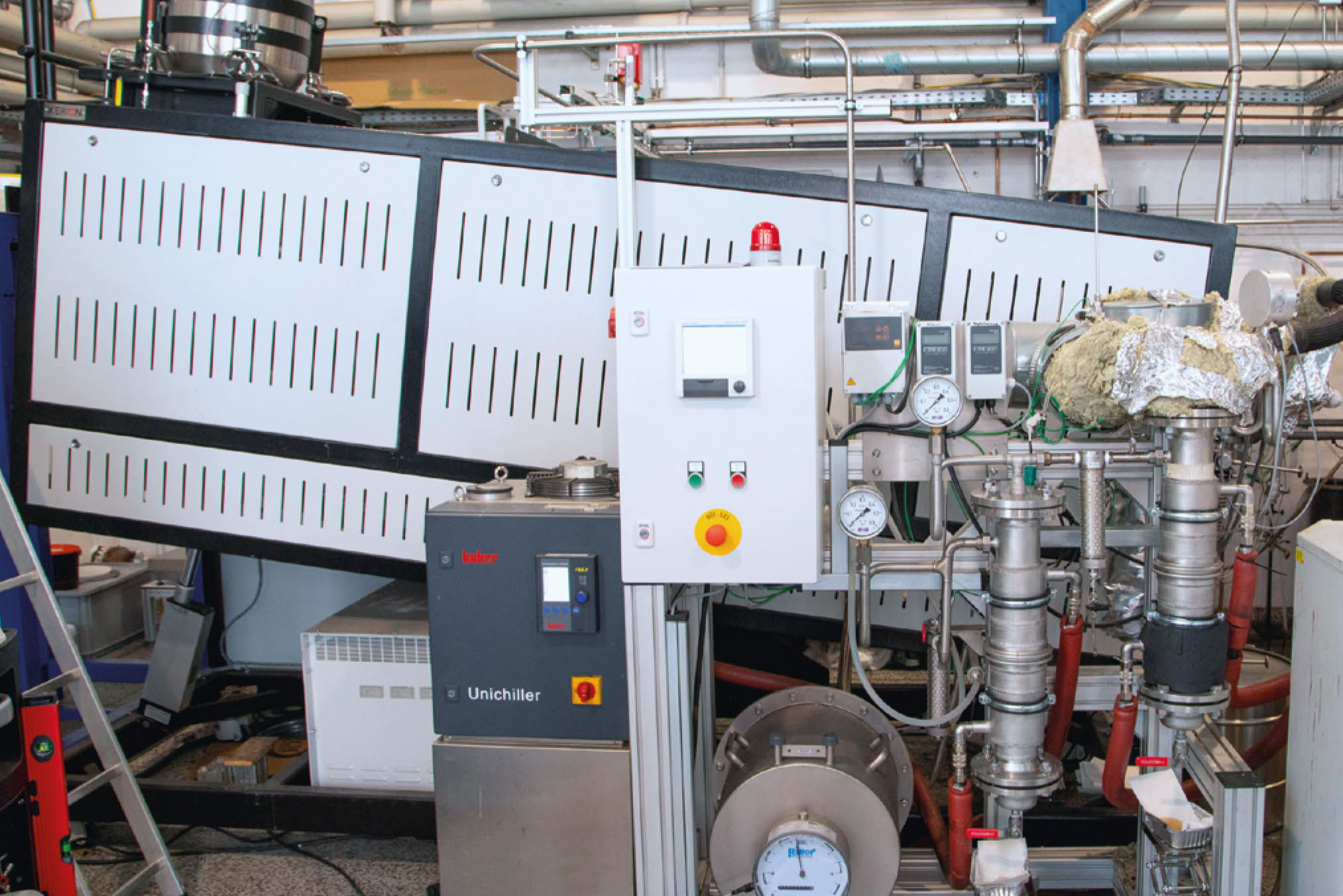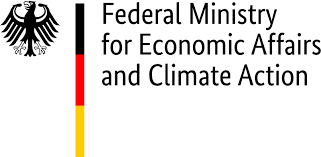
Recycling of polycarbonates through pyrolysis
Current research


In the “PC2Chem” project, Fraunhofer IKTS is working with pro-ject partner Covestro AG to develop a process for the chemical recycling of polycarbonates (PC). For this purpose, a pyrolysis process is being optimized at the Freiberg site in the Circular Carbon Technologies group. The liquid pyrolysis products are purified by Covestro in order to reuse them for new syntheses.
Mechanical recycling is not always possible
Not all plastics can be recycled mechanically. These plastics include polycarbonate (PC), a technical thermoplastic. It is used in numerous applications with special mechanical or optical requirements, e.g., for casings for electronic devices, in various components of motor vehicles or as transparent panes. If PC is mechanically recycled from waste streams, it loses the required properties due to thermal stress during repeated extrusion. This significantly reduces material quality and usability. In accordance with the waste hierarchy, alternative processes are therefore being explored to preserve as far as possible the chemical structures synthesized at the expense of energy and resources.
Pyrolysis, the thermal decomposition in the absence of oxygen, breaks the chemical bonds in polymers. In the case of condensation polymers, which include polycarbonate, the bonds cleave preferentially at functional groups. This leads to mixtures of the original monomers or structurally closely related molecules. With suitable process control, sufficiently simple mixtures with high yields of these valuable molecules are produced. This approach contrasts with oilification, in which plastics are pyrolytically broken down into mixtures of hydrocarbons. For the new synthesis of condensation polymers such as PC, however, the functional groups would then have to be reintroduced in several synthesis steps. The route via the monomers is therefore more efficient for this type of polymer and the recycling cycle is smaller in accordance with the requirements of the waste hierarchy. This means that energy and valuable material resources can be saved.
Upscaling of the pyrolysis process
The “PC2Chem” project is investigating the pyrolysis of PC blends with acrylonitrile butadiene styrene (ABS), as this represents a large PC waste fraction. The pyrolysis process now makes it possible to produce the monomers phenol and bisphenol-A from PC and styrene from ABS from this material. These chemical compounds are valuable starting materials for polymer production or other products in the chemical industry.
The objective of Fraunhofer IKTS is the detailed investigation of the pyrolysis of various polycarbonates on a technical scale. For this purpose, experimental investigations are carried out in a laboratory pyrolysis plant and in a continuously operating pyrolysis rotary kiln to determine the process parameters for a maximum yield of valuable products. The experiments in the pyrolysis rotary kiln are carried out on a scale of several kilograms per hour. To obtain the liquid products, a condensation system was designed and set up as part of the project. Pyrolysis oils were successfully produced in several test runs. The project partner Covestro uses them for the development of the downstream process.
Supported by
